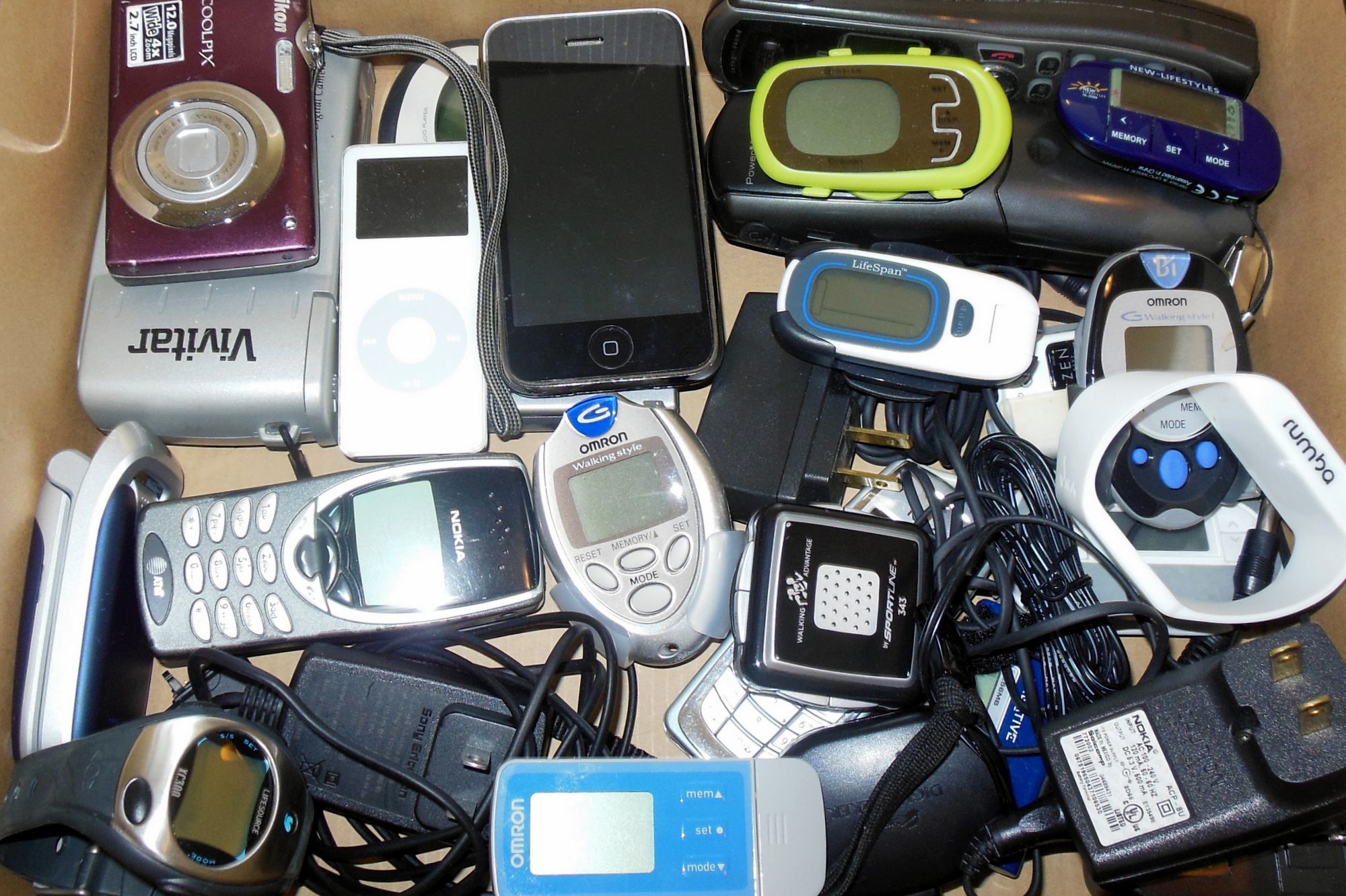
Nobody Saw the Disaster Coming: a coordinated Frett Board vandalistic effort to insert Squidward references into articles unrelated to Squidward. In 2006, Wikipedia began to get going, and certainly couldn’t afford to have any SpongeBob SquarePants-related high jinks sullying the online website clarity. It became a humiliation—someone needed to forestall Squidward.
Internet Bots Combat

Internet Service
The Wikipedia network knew it couldn’t mobilize human editors to stand down the trolls—the onslaught turned into superb and the paintings too tedious. So alternatively, an admin cobbled together a bot that automatically flagged errant insertions of the Cephalopod, Who Shall Now not Be Named. And it labored. Wikipedia pushed back the Squidward hazard and, in so doing, fell into a powerful alliance with the bots. These days, loads of algorithmic assistants Combat all manner of vandals, restore typos, and even create articles on their personal. Wikipedia could be a large number without them.
But a humorous element occurs when you lock a gaggle of bots in a digital room: Now and then, they don’t get along. Sometimes, a pair of bots will descend into a slapfight, overwriting Each Other’s choices on thousands of instances for years to come. It takes place loads in line with a brand new look at PLOS ONE. Why? Irrespective of how cold and calculating bots may seem, they generally behave all too human. And those are the Net’s best, Not-at-all racist bots. Imagine AI-powered private digital assistants inside the equal room yelling at Every Other all day. Google Home versus Alexa, every person?
On Wikipedia, bots deal with the excruciatingly dull and monotonous work that could pressure a navy of human editors mad—if an army of editors could even keep up with all of the work. A bot does Now not tire. It does Now not get indignant—nicely, at least not at people. It’s programmed for a project, and it sees to that challenge with consistency and devotion human beings can’t match.
While disagreements between human Wikipedia editors generally tend to fizzle, fights between bots can drag on for months or years. The look located that bots are a long way more likely to argue than human editors in the English model of Wikipedia: Bots Every overrode some other bot an average of one hundred and five times over the route of a decade, as compared to a median of three times for human editors. Bots get carried away Because they clearly don’t understand any higher—they’re just bits of code, in any case.
However, that doesn’t suggest they aren’t sincere. Bots are handling straightforward obligations like spellchecking, Not making wider editorial choices. Certainly, it’s best due to the bots’ paintings that human editors can concentrate on those huge photograph issues. Still, once they disagree, they don’t rationally debate as humans may. They’re servants to their code. And their sheer reach—constantly scanning more than 5 million articles within the English Wikipedia alone—way they discover plenty of problems to correct and probably disagree on.
And bots do way more than their truthful percentage of labor. The number of human editors at the English Wikipedia might also dwarf the number of bots—a few 30,000 energetic meatspace editors, as opposed to approximately three hundred active editors, made simply out of code—however, the bots are extremely effective contributors. “They’re Not even quite seen in case you placed them on a map among Other editors,” says the College of Oxford’s Taha Yasseri, a co-author of the observation. “But they do lots. The percentage of all edits performed with robots’ aid in specific languages could vary from 10 percent, up to 40, even 50 percent in positive language variants.” But Wikipedia hasn’t descended into a bloody bot battlefield. That’s Because humans intently reveal the bots, which do much more good than harm.
Barbaric Bots
However, bots inevitably collide, Yasser contends. For example, the observer found that over three years, two bots that revealed double redirects on Wikipedia had themselves pretty the tiff. (A redirect takes place while, as an example, a search for “Uk” forwards you to the thing for “United Kingdom.” A double redirect is a redirect that forwards to some other redirect, a large Wikipedia no-no.) Throughout a few 1,800 articles, Shopbot reverted RussBot’s edits a total of 031 times, While RussBot returned the favor in 906 instances. This occurs because of discrepancies in naming conventions—RussBot, for example, made “Ricotta al Forno” redirect to “Ricotta cheese,” when previously it turned to “Ricotta.” Then Shopbot got here and reverted that alternate.
For its element, Wikipedia disputes that those bots aren’t genuinely “combating.”
“If, As an example, Shopbot had executed the unique double-redirect cleanup and RussBot performed the second double-redirect cleanup, then they might be ‘reverting’ Every Different,” says Aaron Halfaker, an important studies scientist at the Wikimedia Foundation. “But in truth, the bots are taking part together to hold the redirect graph of the wiki clean.”

Combat Episodes
Nevertheless, Halfaker acknowledges that bots reverting to Every Different can seem like a battle. “Say, For example, you may have an editor that wants to make certain that all the English language lists on Wikipedia use the Oxford comma, and another editor believes that we should use the Oxford comma. Now, not.” (Complete disclosure: This author believes the Oxford comma is essential and that everyone who doesn’t use it is a barbarian.) But Wikipedia has a bot approval technique to catch these kinds of matters. “We’re flawlessly privy to which bots are walking proper now,” he says.
Additionally, Wikipedians are always monitoring their bots. “People regularly Imagine them as completely autonomous Terminator AI which is floating through the Wikipedia ether and making these types of autonomous decisions,” says R. Stuart Geiger, a UC Berkeley records scientist who labored with Wikipedia bots. “However, for the most component, a variety of these boots are exceedingly easy scripts that a human writes.”
The Human Machine
A human. Usually, a human. A bot expresses human ingenuity and human mistakes. The boat and its writer are, in an intimate experience, a hybrid organism. “Each time you examine about a bit in Wikipedia, consider that as a human,” says Geiger. “A human who’s got a PC that they in no way flip off, and they’ve were given an electricity tool jogging on that computer that they can tweak the knobs, mess with the words, they can say they want to update X with Y.”
On the all-too-human front, Yasser’s look discovered cultural differences in some of the bot communities of various Wikipedia languages. “That became, in reality, interesting Because that is the identical generation being used just in exceptional environments and being used by exceptional People,” says Yasser. “Why must that result in a massive distinction?” For instance, bots within the German Wikipedia argue particularly occasionally; simultaneously, the Portuguese took the prize for maximum contentiousness.
Those differences may additionally seem trivial, But such insight has profound implications as AI burrows deeper and deeper into human society. Consider how a self-rising automobile that’s tailored to the insanity of the German Autobahn might interact with a self-driving car that’s adapted to the relative calm of Portugal’s roadways. The AI is internal. Each has to make pleasant or dangerous killing the occupants. So the unique approaches bots interact on one-of-a-kind variations of Wikipedia should foretell how AI-powered machines get alongside—or don’t—within the close to destiny.
Consider that AI, someplace else on the Net like Twitter, makes its way into machines. Bots that spew faux information imitate Donald Trump and harass Trump supporters. In contrast to the benevolent boss of Wikipedia, those fool humans into thinking they’re People. If you believe Wikipedia bots squabbling is problematic, Imagine machines with heads Complete of malevolent AI doing battle.

Humans Tv Show
For now, though, the many bits of Wikipedia collaborate, clash, and hold Squidward in his vicinity.
READ ALSO :
- The Internet of Things Needs Standardization — Here’s Why
- 12 months in the past, Chris Jones took it in stride
- How the Net Threatens Social Democracy
- Right here, You Pass; this is The Satisfactory Component At the Net
- 7 Myths About the Brain













